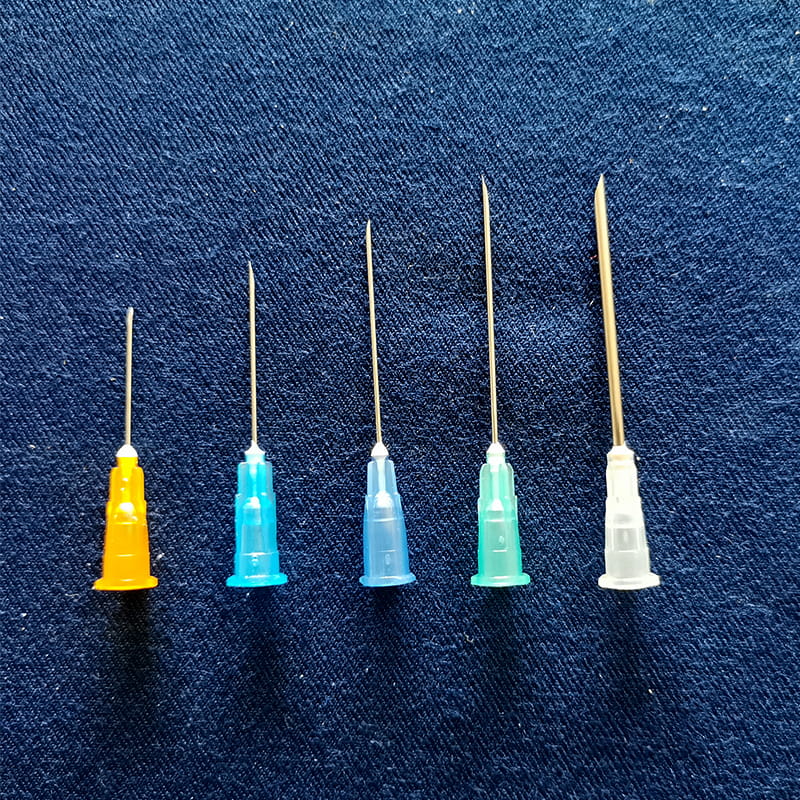How has the introduction of disposable syringes impacted the healthcare industry and patient safety?
One of the key contributions of
disposable syringes is their role in preventing infections and reducing the spread of diseases. Before the advent of disposable syringes, reusable syringes were commonly used, posing a risk of contamination and transmission of infections. Disposable syringes, on the other hand, are designed for single-use, eliminating the possibility of cross-contamination between patients. Once used, disposable syringes are discarded, preventing the reuse of contaminated needles. This has played a crucial role in preventing the transmission of bloodborne diseases such as HIV, hepatitis, and other infections, safeguarding the health of both patients and healthcare providers.
disposable syringes have improved the accuracy and precision of medication dosing. These syringes are manufactured with calibrated markings and fine graduations, allowing for precise measurement of medication volumes. This ensures accurate dosing and reduces the risk of medication errors, enhancing patient safety. The clear and legible markings on disposable syringes enable healthcare professionals to administer medications with confidence, minimizing the chances of under-dosing or overdosing. This level of accuracy is particularly crucial in critical healthcare settings, where precise medication administration is vital for patient outcomes.
The implementation of disposable syringes has also simplified and streamlined healthcare practices, contributing to improved efficiency and time management. With reusable syringes, healthcare professionals had to go through the process of sterilization and cleaning after each use, which required additional time and resources. Disposable syringes eliminate the need for cleaning and sterilization, saving valuable time for healthcare providers. This allows them to focus more on patient care, reducing the burden of repetitive tasks and enhancing overall workflow efficiency. The convenience and time-saving benefits of disposable syringes have had a positive impact on healthcare facilities, increasing productivity and improving patient satisfaction.
disposable syringes have played a crucial role in promoting needlestick safety and protecting healthcare workers. These syringes are designed with safety features, such as retractable needles or needle shields, that reduce the risk of accidental needlestick injuries. Needlestick injuries pose a significant occupational hazard in healthcare settings, exposing healthcare providers to the risk of bloodborne infections. The introduction of disposable syringes with built-in safety mechanisms has significantly reduced the incidence of needlestick injuries, protecting the healthcare workforce and enhancing occupational safety practices.
The widespread adoption of disposable syringes has also had implications for regulatory standards and infection control practices. Governments and regulatory bodies have recognized the importance of using single-use syringes to prevent infections and have implemented guidelines and regulations that promote their use. Healthcare facilities are now required to comply with these standards and incorporate disposable syringes into their practices. This focus on infection control has contributed to the overall improvement of healthcare quality and patient safety, establishing a standard of care that prioritizes the use of disposable syringes.

